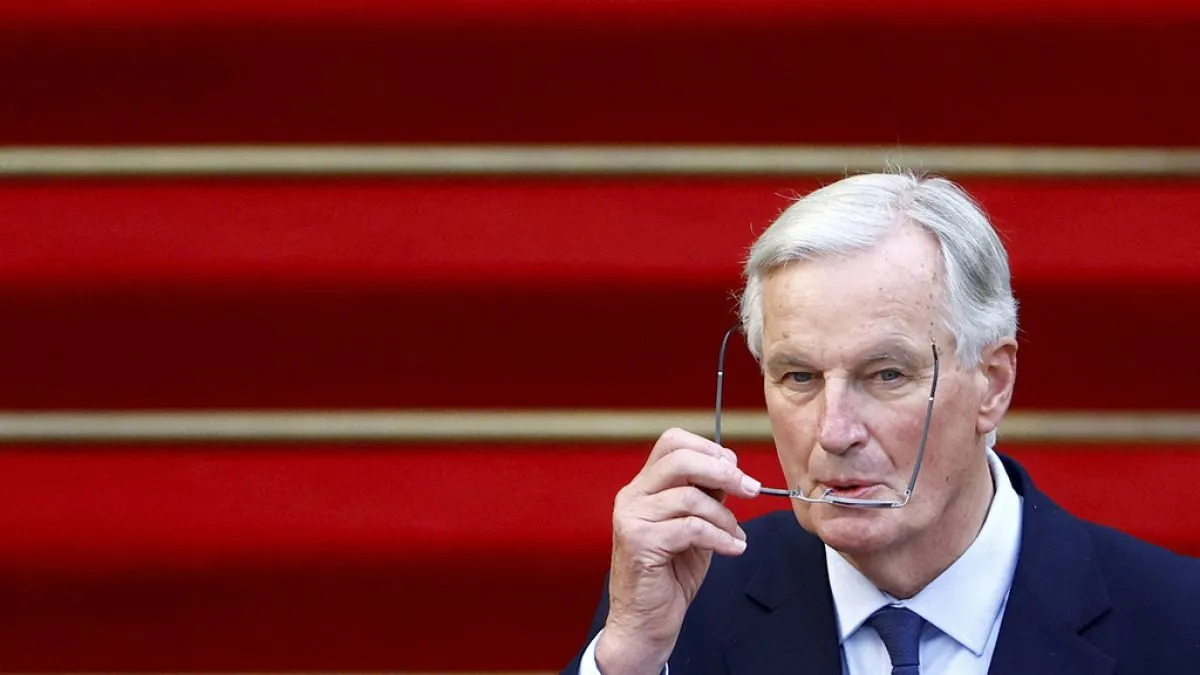In a significant political development, Michel Barnier, the newly appointed Prime Minister of France, delivered his inaugural address to the National Assembly, the lower house of the French Parliament. The veteran conservative politician, known for his role as the EU's Chief Brexit negotiator, faced a challenging audience as he presented his government's agenda.
Barnier's speech centered on France's precarious financial situation, employing a vivid metaphor to underscore the gravity of the issue. He described the nation's mounting debts as a "sword of Damocles" looming over its fiscal landscape, emphasizing the urgent need for action. This allusion to the ancient tale of imminent peril resonated with the gravity of France's economic challenges.
The Prime Minister's address comes at a critical juncture for France, the second-largest economy in the European Union. With public debt reaching 112.9% of GDP in 2022, the country faces significant fiscal pressures. Barnier's focus on this issue aligns with ongoing efforts to boost economic growth and reduce public spending, a task complicated by France's robust social welfare system and complex tax structure.
Despite the gravity of his message, Barnier encountered a less-than-receptive audience. Opposition lawmakers frequently interrupted his speech with comments and remarks, highlighting the political divisions within the assembly. This hostile reception underscores the challenges Barnier's government faces, operating without a ruling majority in parliament.
Barnier's political journey to this position is noteworthy. Having served as European Commissioner for Internal Market and Services from 2010 to 2014 and later as the EU's Brexit negotiator, he brings substantial experience to his new role. However, his unsuccessful bid for the French presidency in 2022 and the current fractured political landscape present significant hurdles.
The Prime Minister's policy proposals will need to navigate France's multi-party system and address key issues such as pension reform, economic recovery post-COVID-19, and the rise of populist movements. These challenges are compounded by France's long-standing struggle with budget deficits and the impact of the pandemic on its economy.
As Barnier embarks on his tenure as Prime Minister, he faces the daunting task of implementing reforms while managing a diverse and often oppositional parliament. His success will depend on his ability to build consensus and address France's pressing economic and social issues in a political environment characterized by increasing polarization and the need for fiscal responsibility.
"Colossal and spiraling debts are a sword of Damocles hanging over the country's finances."
This stark assessment sets the tone for what promises to be a challenging period in French politics, as the government attempts to navigate the complex interplay of economic reform, social welfare preservation, and political consensus-building.
